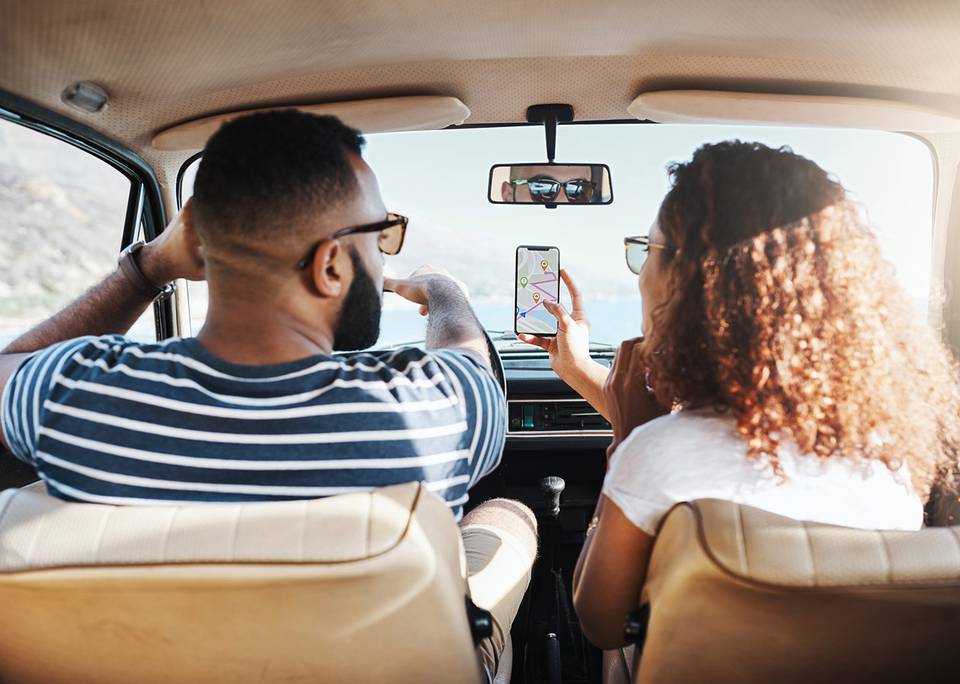It sounds like something out of a dystopian thriller – the idea that no matter where you go in your own car, someone could be tracking those movements. But to a large degree, it’s already happening. In fact, it’s commonplace.
5 Ways You’re Being Tracked Right Now
For most people reading this, there’s a good chance that one or more of these technologies is already tracking your movements when you go for a drive.
1. Your New Car
Many vehicles made within the past few years include technology that actively tracks the vehicle’s movements. You may feel like it’s wrong that they could do that without telling you, but they would argue that they do tell you. It’s included somewhere in the pages of paperwork you sign on the day you buy the car, buried in legalese most people don’t bother to read.
Right now, there are 78 million cars on the road that have this kind of tracking technology. And experts expect that within a few years 98% of all new cars sold will include it.
2. Your Car’s Entertainment System
If you ever hook your smartphone into your car with Bluetooth or a USB connection, your car’s entertainment system can access lots of data saved on your device. According to one investigative report, this includes your phone book, call logs, text messages, pictures, location data – just about everything you can think of.
As of now, there’s not much regulation around how companies can use that data. At least one company, Berla, makes the information available to law enforcement agencies in a number of states (though with a proper court order).
3. Smartphone Apps
Both Android and Apple smartphones have location tracking built-in. And for most people, not only does your smartphone track your movements, but you probably have a number of apps that do as well. (You probably see apps ask if they can access your location information all the time. They can only do that because the smartphone is already tracking it.)
4. Telematics Devices
A number of insurance companies offer usage-based insurance programs where you can install a telematics device in your car that tracks your driving habits, ideally to reward you for driving safely and/or minimally. Companies that have these programs are required to disclose just what data they’re looking at, so if you choose to use one, you know what it’s tracking.
The good news about telematics devices is that they’re generally your choice to use.
5. EDR
Event data recorders, sometimes referred to as a car’s “black box”, are included in almost every new car. These recorders collect data on your driving behavior in order to record important information during an accident, like the speed the car was going and how fast the airbag was deployed.
The use of EDRs is much more limited than the other technologies on this list. They don’t keep a continual record of your driving habits or transmit that information anywhere. EDRs only become available if someone intentionally accesses the information, like after a crash.




